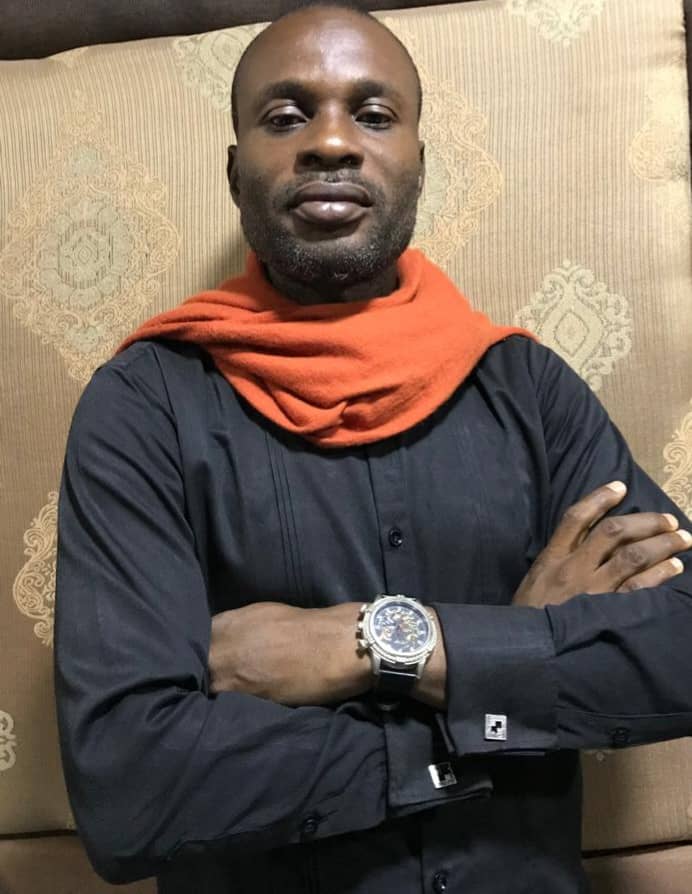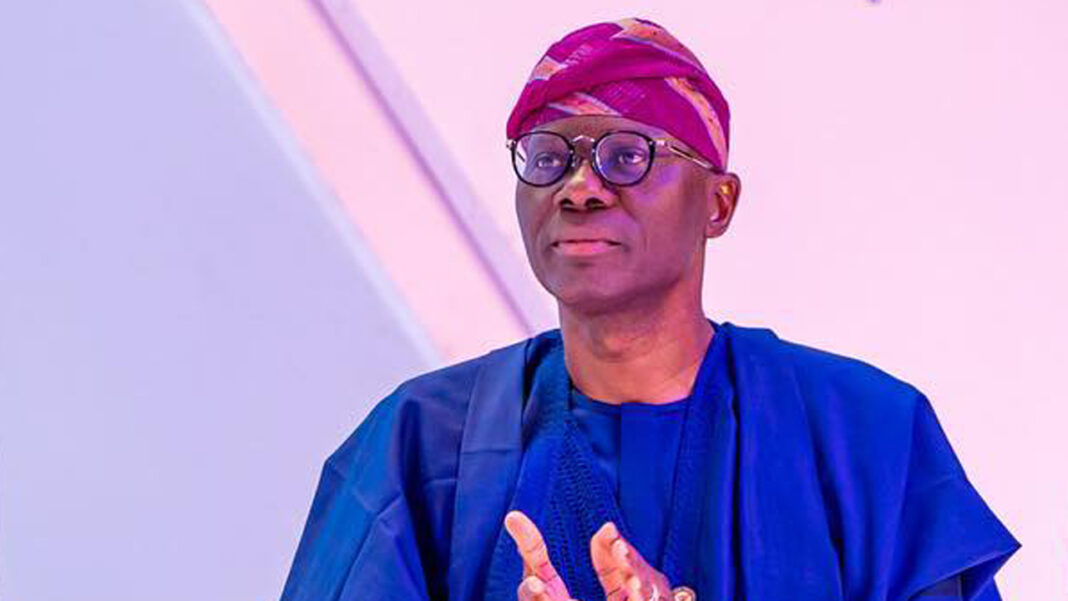The “New World Order,” was an initiative that gain currency in the late 1970s and early 80s before the decimation of the USSR now Russia, and the fall of the Berlin Wall in Germany.
The significance of the foregoing led to two separate Neoliberal agenda in the form of a Wave of Capitalist Democracy in Third World Countries and the shrinking of the earth under the weight of Global Capitalism.
History will remember and continue to put us on the focal point of what followed thereafter, with Uruguay’s round discussion on the General Agreement of Trade and Tariff while birthing what is today known as the World Trade Organization (WTO).
Indeed, the hope of a New World Order campaigners crashed as the ritual boom and boost of capitalism dealt a blow to the hope of developing countries, as the entrapped debt burden rubbish their collective will to ascertain a better trade deal and a strong balance of trade that is weakened due to poor domestic monetary policy.
In the last three weeks, the two Britton Woods institutions: International Monetary Fund (IMF) and the World Bank in their official characteristics and yearly economic outlook projection released a report that the majority of the African individual nations and governments would plan their last part of year 2023 economic programme on. A report detailing how their income on trade, budget surplus, budget deficits and critically their debt to GDP ratio and many other aspects would look like.
Nevertheless, many times these projections from concerned international bodies majorly defeat their activities on the continents, courtesy of the double standard found in global capitalism.
The above background is to help us appreciate the crux of this piece discussion.
Our continent is blessed and our land is potentially an envy to others. Sadly, it is a region of disappointment and disequilibrium where inequality, injustice and dislocation reign as crisis and the prospects to overcome poverty is far off in realization.
Interestingly, all the Fifty-four nations that make up the continent in their likelihood and share differences have the resources and huge markets for their economies.
However, one concern that always retards them from actualizing better economic deals for their citizens is found in the ‘Crisis’ that is within the Global Economy space.
Nonetheless, this is a necessary context to debate around, especially, as it touches the fundamentals of international political economy strands. For instance, this indicates the happenings around global economic inequalities, from the factor of the choice on how developing nations, particularly, Africans maintained their monetary and fiscal policies’ directions.
Critically, Africa through its regional bodies from African Union (AU) and sub-regional bodies – ECOWAS, ECCAS, SADCC and the North Africans have all in the past resolved to unite the regions. The just concluded AU summit is a testament to this – having a ray of hope for a better continent.
Conversely, controversy has always trailed the outcome of any AU policy in terms of the political will on the part of individual member nations to make the implementations.
One of the graphic cases is the failure of the integration of market, trade and industrial production, an aspect that is left for the experts and Heads of Government delegation alone.
In all modesty, this requires broader democratic and participatory levels, as the pressure for this would come from a spectrum of civil society organizations, trade unions, women, informal groups, and the youths that are more interested in African economic recovery and sustainability.
Succinctly, one careful question that would readily arise is, if African countries integrate their market in a situation where the individual national production has collapsed owing to the weight of foreign debt?
Another is around the African real economy. Talk of the manufacturing, power/electricity, mining, telecommunication, construction and oil and gas exploration sectors. How far has the continent fared being a dependent economy that survives on importation from others?
What comes to mind in answering the above questions is a deep reflection on what is the state of African Science and Technology development and deployment to solve her problems.
Equally, the role of Africans in trade engagement across the globe comes to mind.
Moreover, the region has come up with African Continent Free Trade Agreement (AFCTA) to ameliorate challenges in this aspect, with the hope that the continent can have shared prosperity and equal access to its market.
Interestingly, this is one prospect members’ states of the AU and their citizens sincerely look forward to as the year 2023 progresses.
Convincingly, the continent is rich in human resources and the population fits to feed on massive products and goods. The challenges however lie in the devastating effects that conflicts bring.
A recent happening in West Africa with military coups and counter coups could paralyse any economic prospects, especially in Burkina Faso, Guinea and Mali through economic sanctions. The horn of African and Southern African sub-region is not free from conflicts within and around.
In conclusion, we hope each of these cases would not stagnant and regress the progress of the continent going forward in 2023.
Our modest forward ultimately is a collective stakeholders’ consensus on propelling the African economy out of crisis and the burden of foreign debt, especially as the continent is majorly lured into it with the promise of magic ward development.
We contend that the continent requires a means to fast-track and reduce its economic bondage.
Another is for intellectuals on the continent to show genuine concern towards addressing some of the challenges by way of deepening and strengthening the struggles of the region from the grips of underdevelopment merchants.
Having a collective vision for a better society through patriotic practice, and zeal over opportunists and charlatans.
Lastly, the posts colonial and neo-liberal economic strategy perpetuated by the developed nations through the imposition of unfavourable and trade valuation of goods under the Act based on the World Trade Organisation (WTO), under GATT Articles IIV should be discontinued, as this has been set on a logic of weaponizing global trade imbalance that leads to global unequal economic development.
For us, it is time for African Renaissance demands in this regard.
By Adefolarin A Olamilekan
Political Economist
Email: adefolarin77@gmail.com
Tel: 08107407870 & 08073814436




